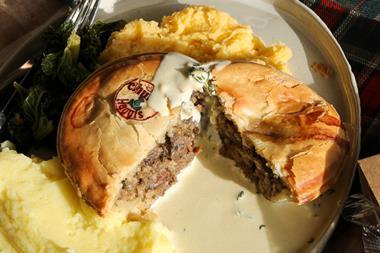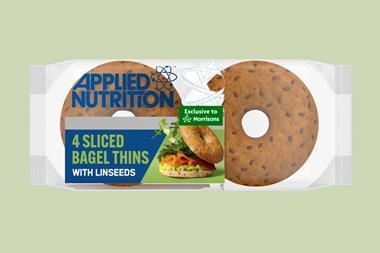A ban on advertising food high in fat, salt or sugar in media targeted at kids has been announced by The Committee of Advertising Practice (CAP).
The restriction, which will affect non-broadcast media including print, cinema, online and social, will come into effect from the 1 July next year.
CAP has summarised its key changes:
- Ads that directly or indirectly promote a high-fat, -salt or -sugar product cannot appear in children’s media.
- Ads for high-fat, -salt or -sugar products cannot appear in other media where children make up over 25% of the audience.
- Ads for high-fat, -salt or -sugar products will not be allowed to use promotions, licensed characters and celebrities popular with children; advertisers may now use those techniques to better promote healthier options.
- The Department of Health nutrient profiling model will be used to classify which products are high in fat, salt or sugar.
CAP’s review and the new rules are in response to consumer concerns about childhood obesity and the public health challenges it poses.
Research from Ofcom shows that young people aged 5-15 are spending around 15 hours each week online – overtaking the time spent watching a TV set for the first time.
“Childhood obesity is a serious and complex issue and one that we’re determined to play our part in tackling,” said James Best, chairman of CAP.
“These restrictions will significantly reduce the number of ads for high-fat, -salt or -sugar products seen by children. Our tough new rules are a clear demonstration that the ad industry is willing and ready to act on its responsibilities and puts the protection of children at the heart of its work.”
































No comments yet